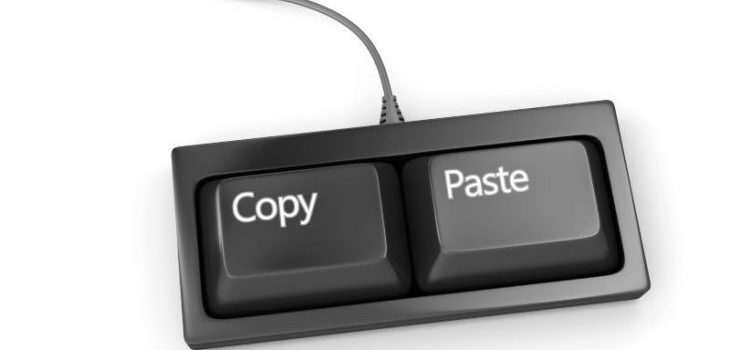The Cambridge dictionary defines Boilerplate as ‘text that can be copied and used in legal documents or in computer programs, with only very small changes’.
Use of boilerplate is a common practice in proposal writing. When writing a new proposal a chunk of past proposal can be copied and pasted with a little bit of change in data.
Boilerplate material normally includes sections that are considered standard like,
- background of a country or community,
- organizational profile,
- staffs’ profile,
- description of the long-term programs
Boilerplate materials can be used where the majority of writing is technical and data-based. Proposal writers often use it to save time by taking the parts of past proposal which has proven to work. The professional writers even create a stock boilerplate and use it for the different grant application.
This approach does help to start a proposal writing process and build up writing momentum, but it does not work for the entire proposal. Every proposal is written for a new grantmaker and for different projects in different time zone. Everything is changing and your proposal needs to keep up with the changes. Most grantmakers have very specific requirements for the grant application. The boilerplate structure needs to be amended to meet the requirement of your project and grant application.

